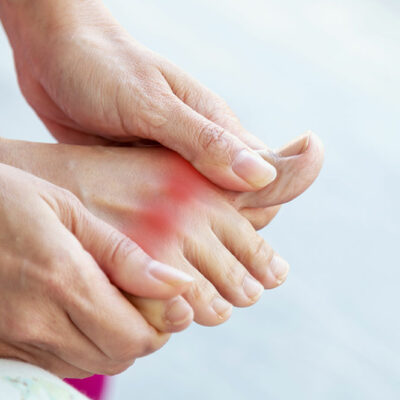
6 Common Causes and Treatments for Osteoporosis
Osteoporosis is a disorder that causes the bones to become weak. Due to this, the bones become highly susceptible to fractures and breakage. Doctors often prescribe drugs like evinity, forteo, prolia mentioned as treatments. Osteoporosis can occur suddenly, as the disease is debilitating and slowly progresses over time. There are hardly any symptoms or signs to indicate osteoporosis, until a fracture occurs. Osteoporosis can occur due to a lot of reasons. Here are a few of them
1. Thyroid
In many cases, hyperthyroidism has been associated with increased instances of bone loss. Any type of thyroid condition can increase the risk of osteoporosis. Moreover, those on thyroid medication may be also susceptible to weak and fragile bones that fracture easily. In such cases, vitamin D and calcium supplements need to be taken as per prescription to prevent the condition from becoming severe.
2. Unhealthy lifestyle
Often, unhealthy lifestyle choices can lead to the slow degradation of bone health, thereby leading to osteoporosis. For instance, drinking too much alcohol can affect bone growth and cause calcium loss. In addition, excessive smoking has been known to lower the density of the bones. Also, nicotine can have a toxic effect on the cells of the bones, increasing the risk of osteoporosis. Moreover, a sedentary lifestyle can also weaken the bones and cause bone loss.
3. Preexisting medical conditions
Certain medical conditions can affect the density and strength of the bones. Cystic fibrosis, ulcerative colitis, and multiple myeloma are some of the preexisting medical conditions that can cause bone loss. All of these increase the risk of fractures and bone damage, which are precursors to osteoporosis. Also, certain medications may cause calcium excretion, which increases the risk of osteoporosis.
4. Estrogen deficiency
This is one of the main causes of osteoporosis in women. Estrogen deficiency can cause bone density loss. This is commonly observed in menopausal women. This increases their risk for osteoporosis. Due to this, the chances of bone fracture also increase.
5. Testosterone deficiency
Among men, testosterone deficiency is one of the main causes of osteoporosis. Testosterone is a hormone that is converted to bone-preserving estrogen. Thus, a lack of this hormone can increase the risk of bone loss, low bone density, and fractures. All of these are indicators of osteoporosis.
6. Low levels of calcium
Calcium is one of the most essential nutrients required for the bones to grow and rebuild. Calcium is essential to the functioning of organs, such as the heart, liver, and kidneys. When there is a lack of calcium in the blood, these organs will absorb the essential mineral from the bones, leading to higher chances of bone disorders including osteoporosis.


